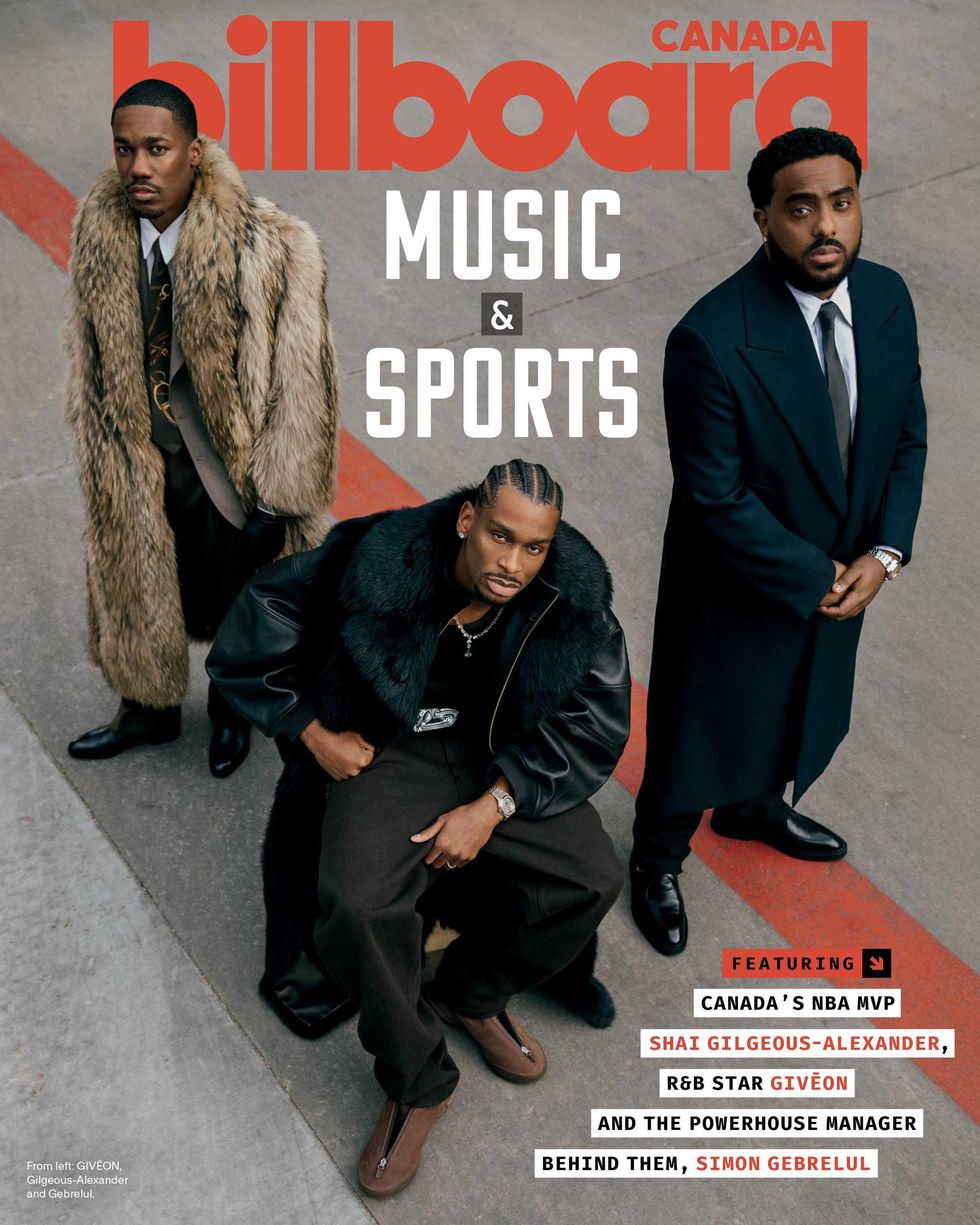Ashley MacIsaac Has Launched A Streamed Kitchen Ceilidh Series
Why was it so important for him to see this through, when so many artists, especially at that time, were just live streaming for free on Facebook or Instagram? “I wanted to put on a show that meant I didn’t have to stand in front of a liquor store playing with my fiddle case open,” he says figuratively. “I don’t believe in the notion of performing for tips after 25 years on the road.”

By Karen Bliss
The famous and proud Cape Breton fiddler is forging new ground with a series of ticketed Maritime music kitchen parties, the second of which is be to stream this Friday. The idea came to him after his tour was cancelled as a result of the current lockdown. Not content with many of the more obvious streaming platforms, his objectives were three-fold: To find a way to replace lost income for himself and other musicians during the pandemic; to broadcast his shows online using a high-end bitrate, and to provide audiences with some outstanding entertainment that promotes himself and other Maritime musicians. The details of his Quarantine Ceilidh series can be found on his website.
Karen Bliss talked with MacIsaac and his consultant Bruce Morel by phone earlier this week, and this is her report.
Ashley MacIsaac figures he put in 180 hours over two weeks to launch the first of three Quarantine Ceilidh ticketed online variety shows.
Marketed in just five days after a dizzying amount of covid and production-related setbacks, the renowned Cape Breton fiddle player pulled it off, April 1, selling 2000 tickets at $6 a pop ($4.20 USD) on Los Angeles streaming platform Maestro, with an estimated viewership of 6000, three people per self-isolating household. It was produced by Nova Scotia’s Atlantic Live Stream.
“I wanted to be able to pay all the artists,” says MacIsaac.
The second episode, April 30 (7:30 p.m. EST, 8:30 p.m. Atlantic), features musicians Jimmy Rankin, Catherine MacLellan, and Tim Chaisson; comedians Mary Walsh and Cathy Jones (This Hour Has 22 Minutes), and the only returning act from episode 1, traditional Gaelic family group NicNeil, perfect for a ceilidh. All the performances have been pre-recorded “at home.”
MacIsaac is the host. Well, not just the host: “I basically wrote, directed, produced, hosted, performed, had to find the streaming company, had to find the artists, had to deal with the editing, in about 14 days,” he rattles off.
MacIsaac, who achieved international acclaim and a U.S. double-platinum album with 1995’s Hi™ How Are You Today, has been a full-time touring artist ever since. But when he had gigs lined up in Ontario, the Yukon and British Columbia in March, he had a feeling they weren’t going to happen. “I had been paying close attention to China and Italy,” he says of the coronavirus outbreak. “I knew it was coming big time and that my gigs were going to be cancelled.”
He was assured over and over his headlining gig March 14 in Ottawa for St. Patrick’s Day was happening and, although skeptical, hopped in his car from his home in Windsor, Ontario, for the long drive. As he got close to London, Ont., he received the call that the plug was pulled, due to concerns about the spread of covid-19.
As MacIsaac headed back to Windsor, Bruce Morel, who managed MacIsaac for a spell, brainstormed with him “to come up with an option to keep busy and keep his profile in the mind’s eye of his fan-base,” says Morel, who is based in Halifax.
“Knowing this was not going to be a short-term problem, we thought of this idea, Quarantine Ceilidh, and doing three of them, April 1, May 1 and June 1, even as far as July 1, because we were speculating how far [the shut-down] could go. It could be short; it could be long(er).”
MacIsaac was relentless. Nothing would stop him. He called Destination Cape Breton Association, the marketing organization for the island, and told them the fee they had paid him for tourism ads he was going to apply to this variety show shot in Nova Scotia. He then started calling artists, got a graphic designer, his social media person onboard, started writing the script, and secured the venue.
The first streaming production company that said' yes' quickly bailed when employees wouldn’t leave the house. As he called around, the province declared a state of emergency, which included no gatherings of more than five people. His crew, including his musicians and the venue owner, made six.
“The carpet kept getting pulled from underneath our feet,” says Morel. “As that week progressed, the seriousness of that pandemic began to take hold with politicians putting emergency measures acts in, limiting the number of people that could gather, even who could work together unless they were essential workers. So it further complicated our production of this event, but we just kept moving forward.”
“We wanted this to stream 1080, as best quality as we could get. We didn’t want to go through Facebook or YouTube/Vimeo. We wanted it properly mounted and, most importantly, we didn’t want this to be an event that was essentially a pass-the-hat or a busking event. We saw this as a way to monetize a streaming opportunity and to engage other musicians who were also in the same boat as Ashley, as everyone is in the industry, and try and put some money in everybody’s pockets.”
MacIsaac, who had rented an Airbnb in Halifax, built a set and created 32 cue-cards, also wasn’t discouraged. “I'm not going to let it not happen,” he said.
“I went through five different companies from the 12th [of March] to the week before the show.” He would still go ahead, collecting pre-recorded performances but he needed a paywall.
That’s when he spoke to Olivia Friedlander from Maestro, which describes itself as “a white-label platform for enterprise live streamers to own, engage, and monetize their audiences.”
“She hadn’t broadcast live music before,” says MacIsaac. “I worked with her for five days to get all the parts in place,” most notably the audio.
Meanwhile, the Government of Nova Scotia offered to help. Morel took care of that, MacIsaac says. “They gave me a big bag of money,” adding, “If they hadn’t have been involved, I would’ve lost my shirt.”
Why was it so important for him to see this through, when so many artists, especially at that time, were just live streaming for free on Facebook or Instagram? “I wanted to put on a show that meant I didn’t have to stand in front of a liquor store playing with my fiddle case open,” he says figuratively. “I don’t believe in the notion of performing for tips after 25 years on the road.”
He reveals he did get blowback from managers and others in the industry for wanting to stage a ticketed online show, so early in the pandemic and self-isolation order, when people might’ve been calculating that $6 could buy some bread and milk. “If I put it for free, it means I can’t go back and charge for it, but you can do the other way around,” he explains.
MacIsaac estimates he’s raised hundreds of thousands of dollars, perhaps even millions, doing benefits over the decades but now “his career has been taken out from underneath me.”
With government money, he says, the first Quarantine Ceilidh cost $27,000, $6,900 of that for editing, and remaining $21,000 “split among the artists.” But when it came time to produce episode 2, he was told the provincial government had a new fund which required an application; he filled it in but didn’t get it, and Destination Cape Breton gave him less money too, $2700. “I had $3000 in my bank account,” MacIsaac offers of his personal contribution.
All he could do was ask for some favours. Atlantic Live Stream lowered its fee to produce. Rankin said he was still on board. “Everybody cut their rates in half.” Unable to get a camera person, Long & McQuade loaned him a Zoom Recorder and Lav mic and MacIsaac recruited his next-door neighbour, a still photographer, to learn another skill overnight. They set up a phone and a camera and did the show. Maestro will stream it back and provide a paywall.
“Maybe two months or maybe 12 months from now, all the industry will get back to its normalcy, which will be great,” says MacIsaac, “but it shouldn't take away from the notion that where all the money comes from — just like the government — is from the people, and the people decide whether they're going to spend their money. The industry needs to decide whether to get on board and start with this new idea of also monetizing online content.”

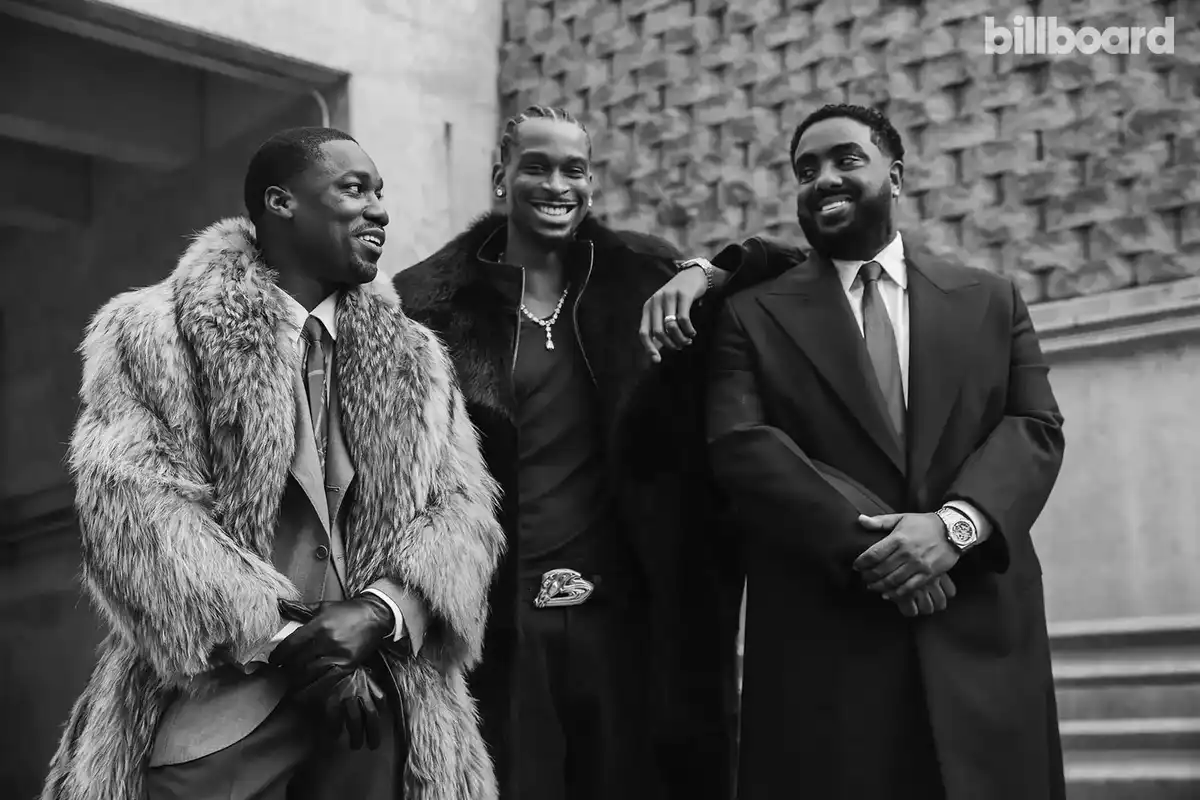



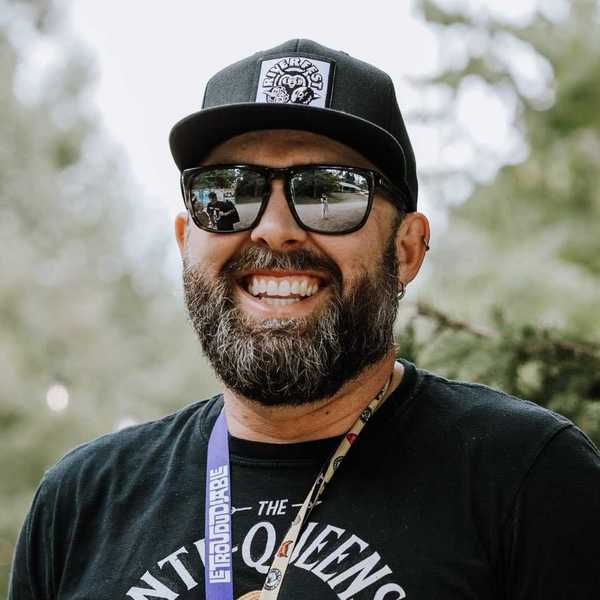
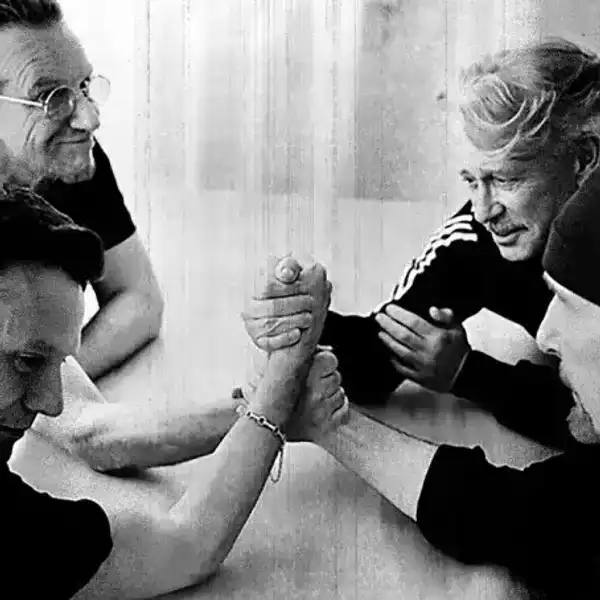





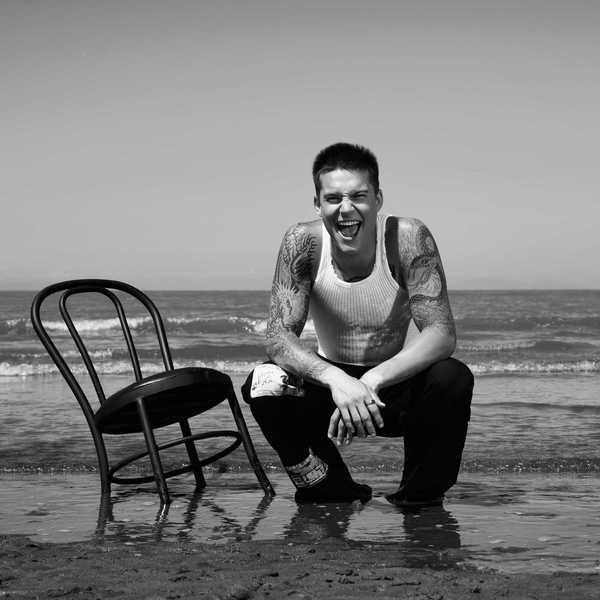

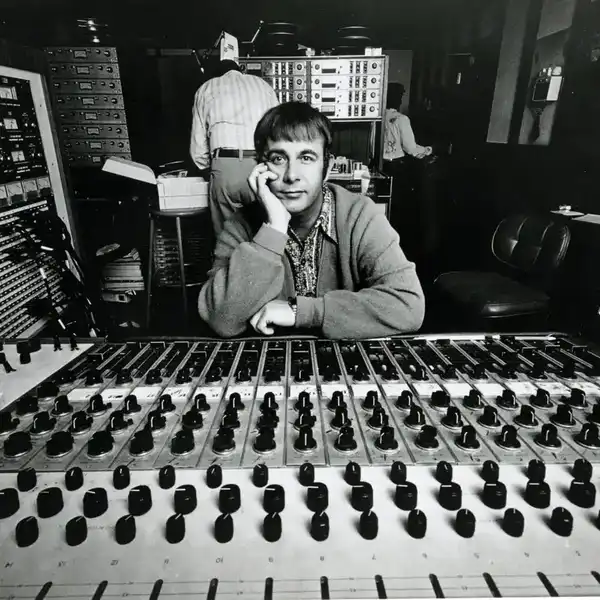
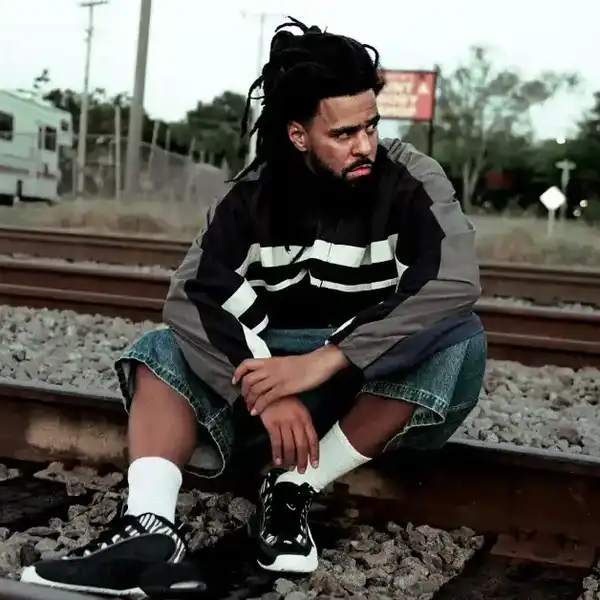
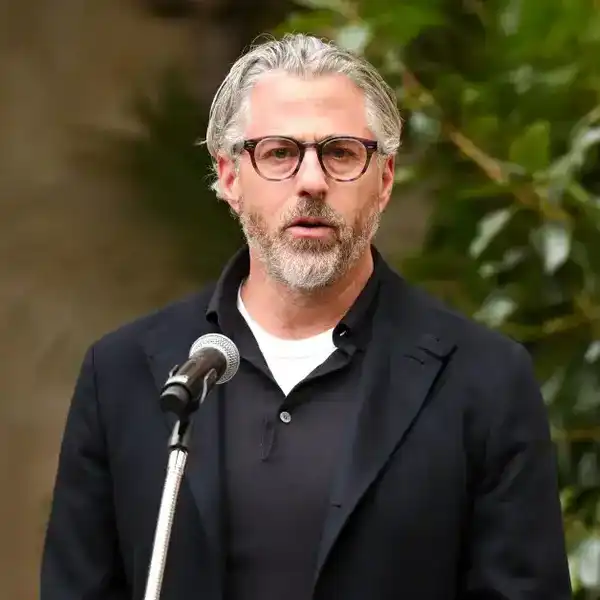

 Simon GebrelulDiwang Valdez
Simon GebrelulDiwang Valdez Shai Gilgeous-AlexanderDiwang Valdez
Shai Gilgeous-AlexanderDiwang Valdez GIVĒONDiwang Valdez
GIVĒONDiwang Valdez